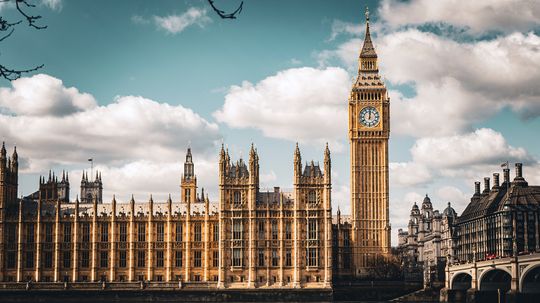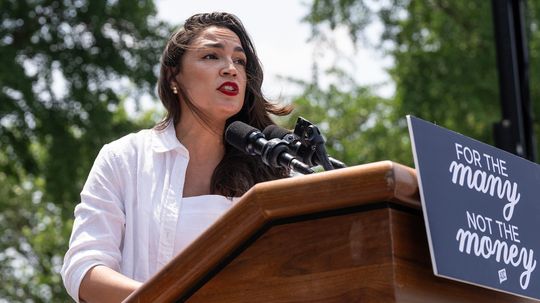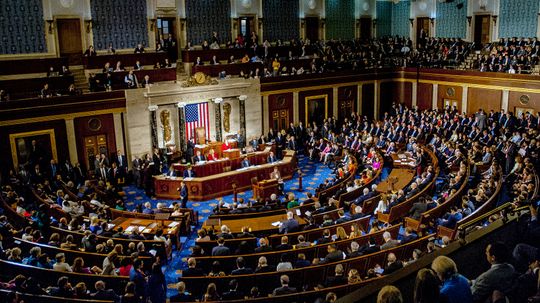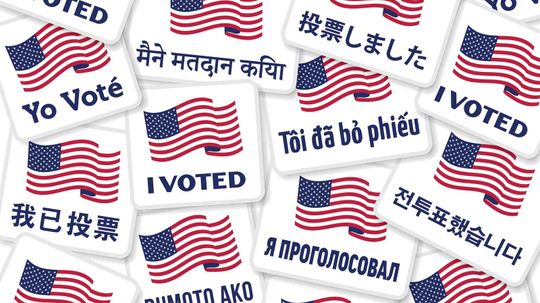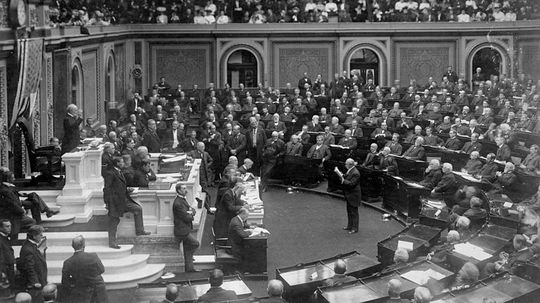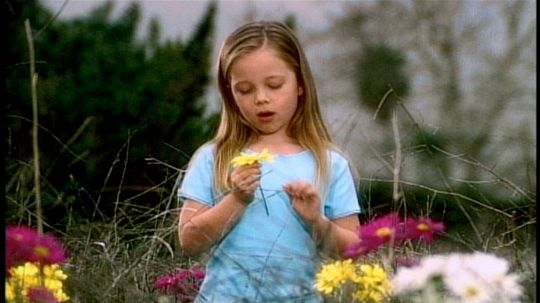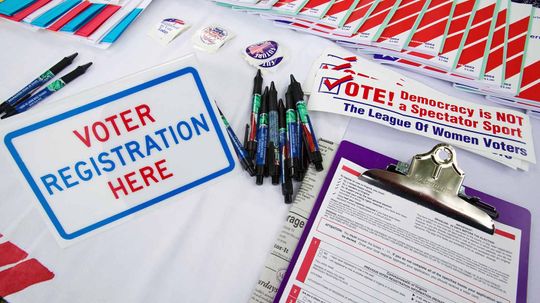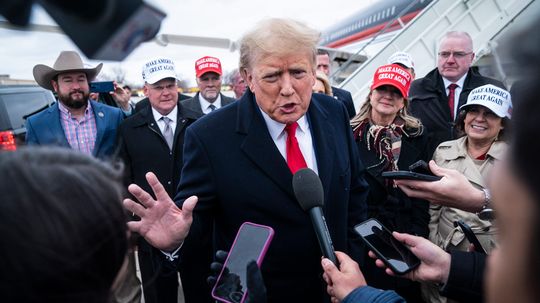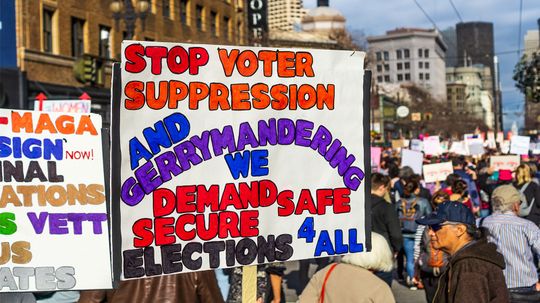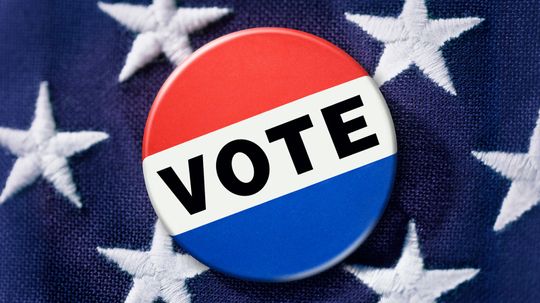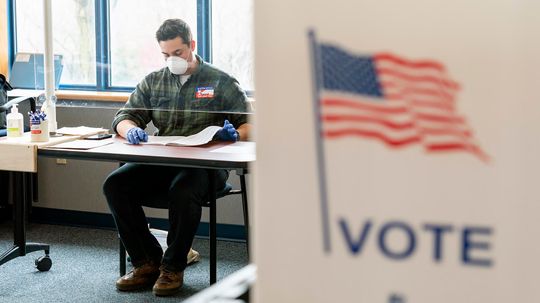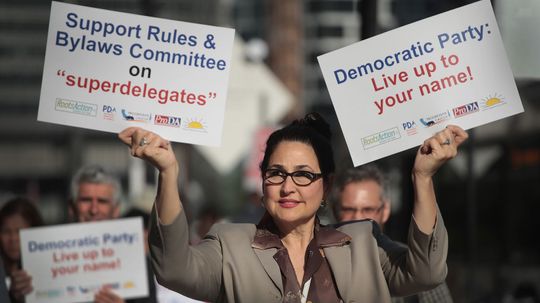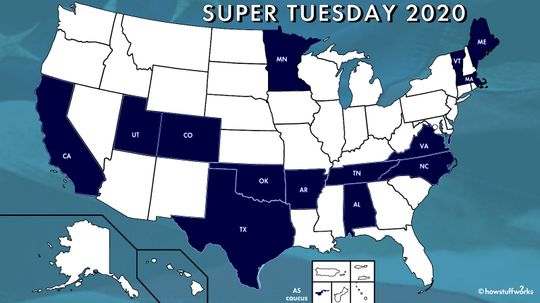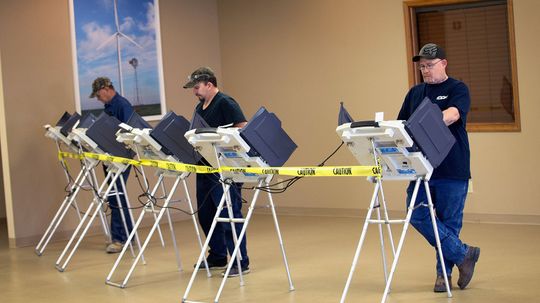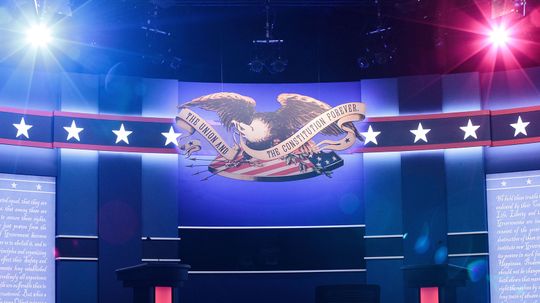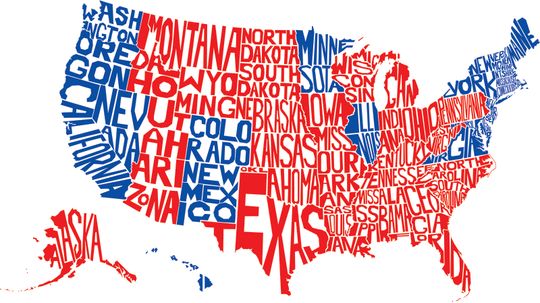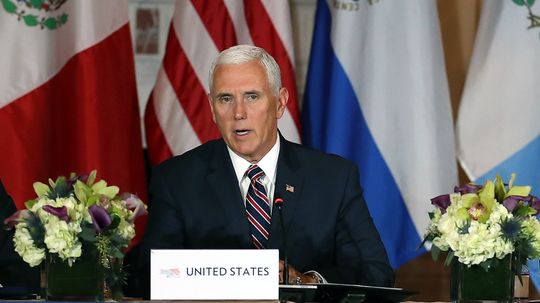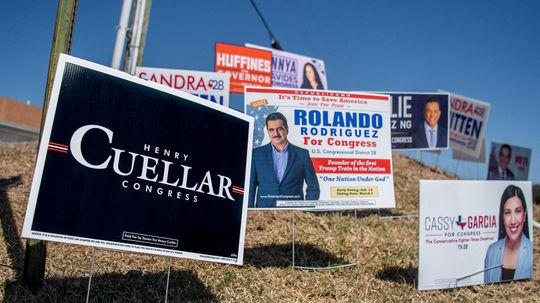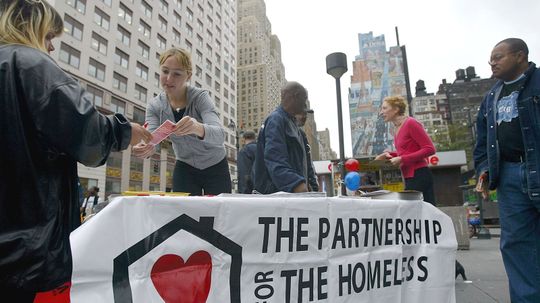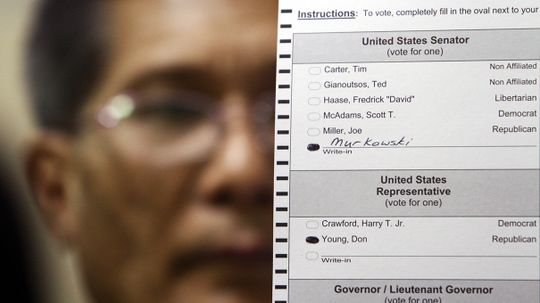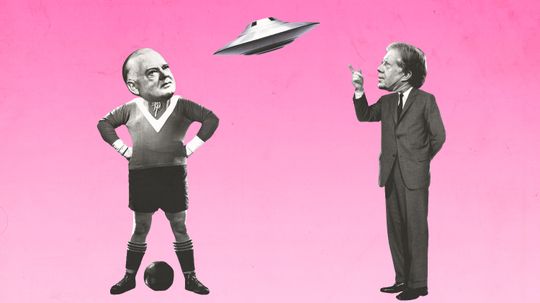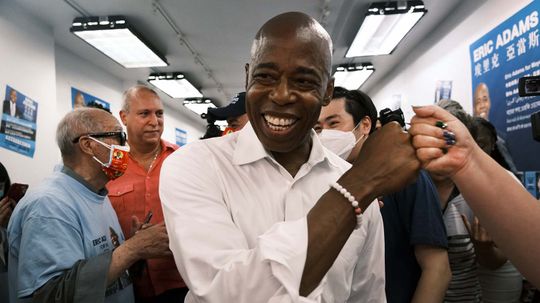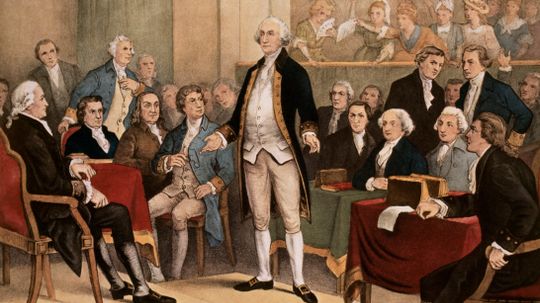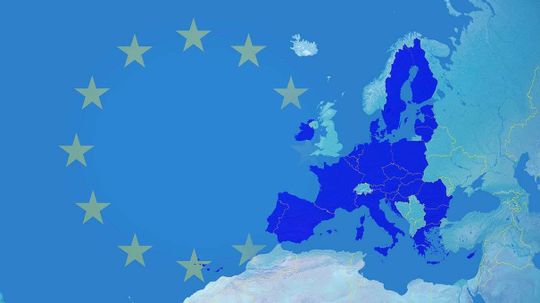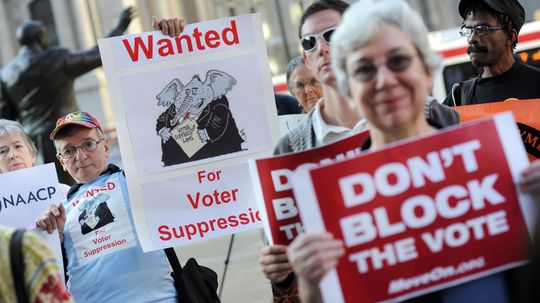Political Elections
The Elections channel includes information on topics related to elections, voting or running for political office. Learn more about presidential debates, the electoral college or the voting system.
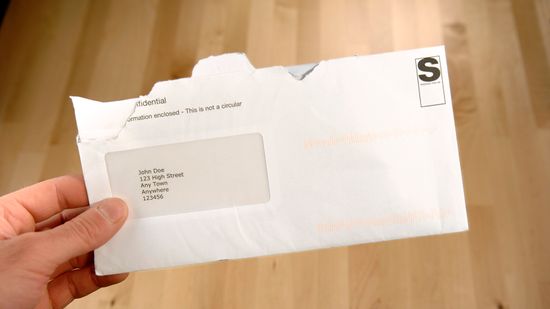
What Is a Postal Code? A Brief History of Zip Codes
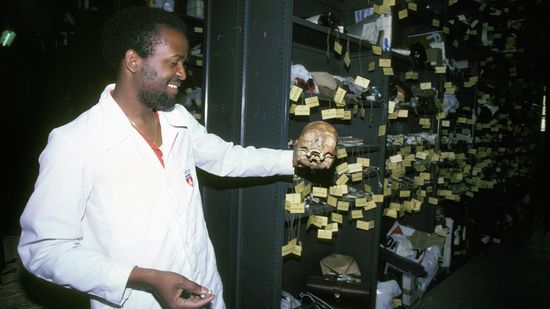
From Human Skulls to Handguns, the Paris Lost and Found Has Seen It All
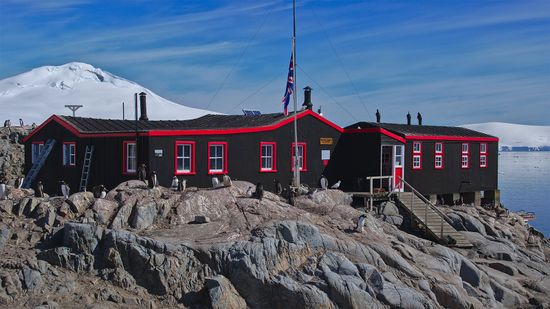
Running Antarctica's 'Penguin Post Office': Coolest Job Ever?
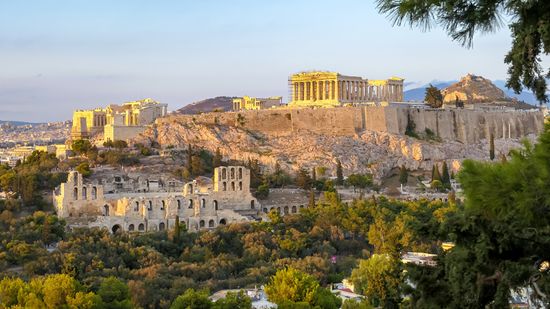
How Athenian Democracy Laid the Foundation for Modern Voting
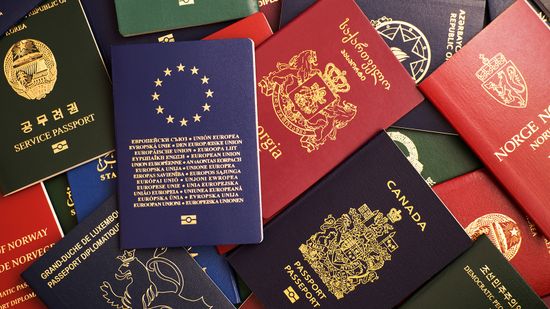
6 Easiest Countries to Get Citizenship
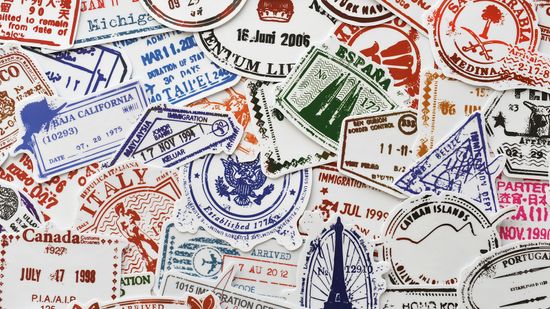
The Most Powerful Passport Comes From a Nation State
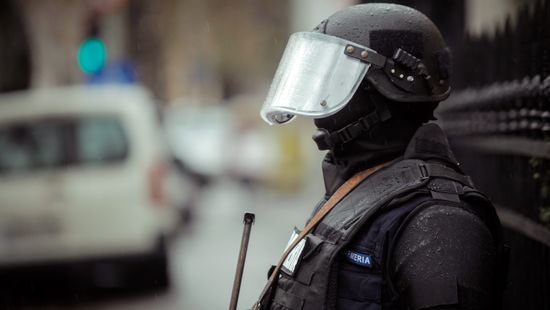
The Safest Place During Martial Law Depends on Your Resources
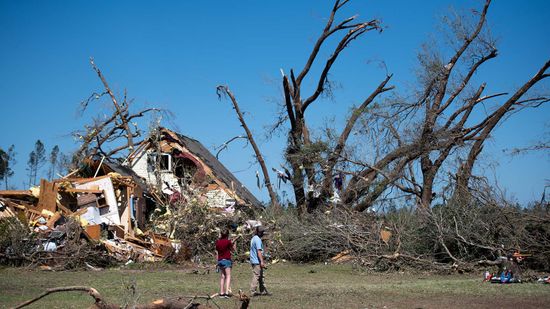
Is the U.S. Prepared to Handle Natural Disasters During the COVID-19 Pandemic?
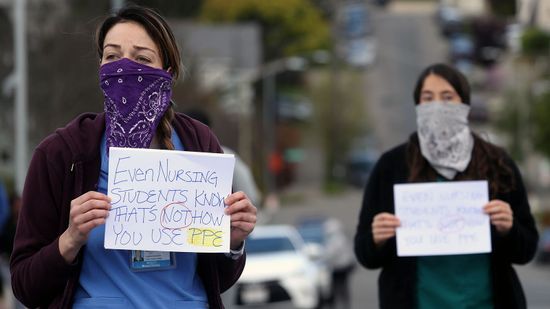
The Defense Production Act Was Designed for Emergencies Like Coronavirus
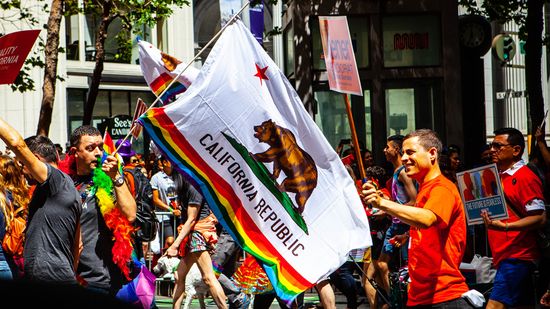
8 Most Liberal Cities in the U.S., Including 2 Not on the Coasts
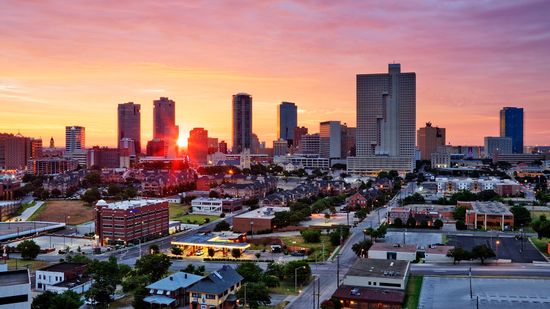
7 Fastest-growing Cities in the U.S.: San Antonio, Phoenix, and More
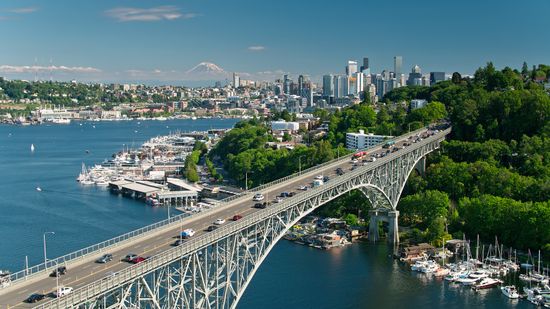
10 Seattle Neighborhoods to Settle Into
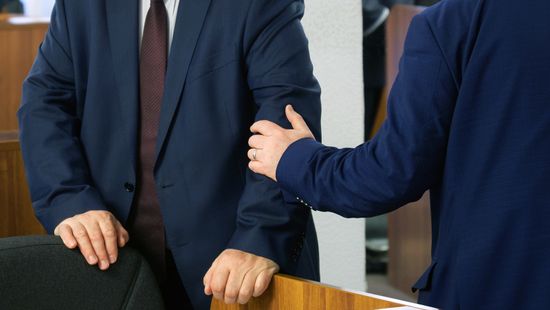
Pluralist Democracy: How Organized Groups Influence Policymakers
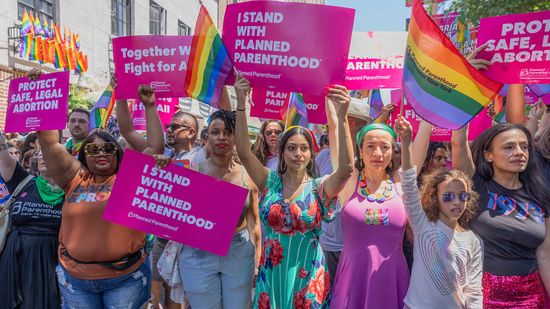
10 Abortion-friendly States in a Post-Roe v. Wade Nation
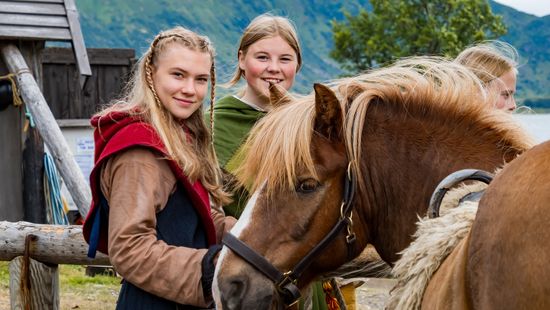
12 Best Countries for Women (Only 3 Are Outside Europe)
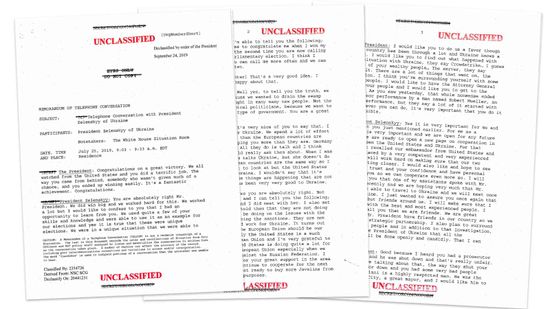
How Does the U.S. Government Declassify Top Secret Documents?
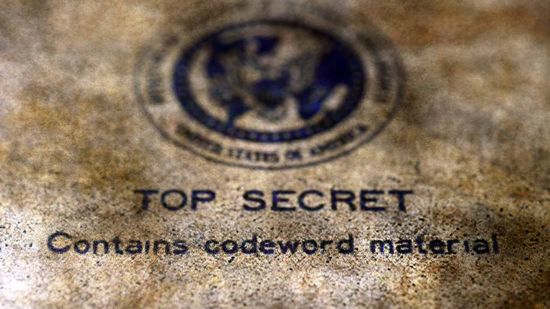
How Does the U.S. Classify Its Most Sensitive Documents?
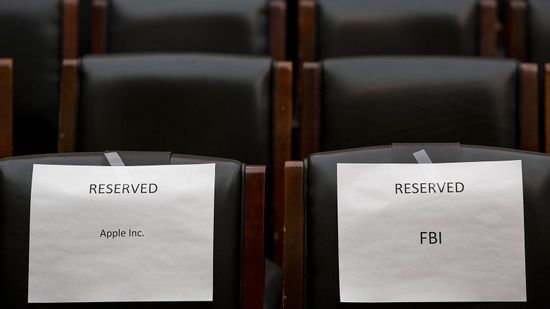
Why Data Encryption Remains a Really Complex Issue
Learn More
Parliamentary democracy powers many countries across the globe, shaping how citizens choose leaders and how laws get made.
In a representative democracy, citizens elect representatives to make political decisions on their behalf rather than voting on every law directly. This system of government shapes democratic government in many countries today, from local level councils to the federal government.
When Americans vote in a presidential election, they aren't directly voting for a candidate; they're voting for electors who represent their state in the electoral college.
Advertisement
The midterm election is just days away. If you haven't already voted, you need to head to the polls prepared so you know your vote will be counted on Election Day.
That's about one House member for every 761,169 people, which is far less representative than when the nation was founded. How can that be changed?
American TV viewers are bombarded with political ads during the ever-longer campaign season. But do these ads really make a difference to voting habits?
By Dave Roos
Kansas, Missouri and Florida are among several states that have passed laws that voter registration groups say put volunteers at risk and make registering to vote more difficult.
Advertisement
In the U.S., the bar for running for president is deliberately set low - only age and citizenship rules are written into the Constitution. Still, are there any laws that would bar a felon from running for the highest office in the land?
By Dave Roos
The U.S. Supreme Court has agreed to hear a case that could give state legislators almost complete control over federal elections, which some experts fear could establish one-party rule and endanger democracy.
Cast your ballot to these questions to find out how much you know about the history of U.S. presidential elections.
The date the U.S. president must vacate office is written into the Constitution, election or not. Filling the seat without an election, though, is extremely complicated.
By John Donovan
Advertisement
Why does the Democratic Party have superdelegates who don't have to respect primary results when they cast votes? Is that undemocractic or a hedge against nominating a poor candidate?
Super Tuesday is the day early in a U.S. presidential primary season when a large number of states hold primaries. It's also the first day when a huge number of delegates are up for grabs.
By Sarah Gleim
Political primaries let voters choose which candidate they want to represent their political party as president. But not everyone is happy with the process. What are the problems, and can they be fixed?
A majority of Americans feel that neither of the two main parties is doing a great job, but they can't agree on what a third party would look like. And that candidate faces enormous hurdles to make the debating stage.
By Dave Roos
Advertisement
A handful of other countries have electoral colleges, but they're very different in function and purpose from the one that decides U.S. presidential elections.
If the U.S. vice president must step up and become president, who becomes vice president?
By John Donovan
Midterm elections in the U.S. don't get the public excited the way presidential elections do. But there's a lot at stake, actually, during these contests. Why do midterms exist, anyway?
By Dave Roos
Federal law doesn't require Americans to have a fixed address in order to vote, but state and local laws often pile on additional restrictions that make it hard for the homeless to cast a ballot.
By Dave Roos
Advertisement
A handful of write-in candidates have been elected to both the U.S. House and Senate, but it's a difficult way to win office.
Guess which president liked to skinny dip and which one liked petroleum jelly rubbed all over his head every morning.
Are there alternatives to the winner-take-all voting system? Ranked-choice voting is one, which supporters say would elect more centrist candidates. But critics worry about the downsides.
Think the Trump/Biden presidential campaign is the strangest? It'll seem par for the course when you see what crazy things have happened in previous elections.
Advertisement
Splits with the European Union have happened before, but that doesn't mean the U.K.'s Brexit will be easy, or even have much in common with past instances.
Whether it's poll taxes, literacy tests, ID laws or limited polling hours, the U.S. has a long-running history of coming up with ways to restrict citizens' voting rights.
